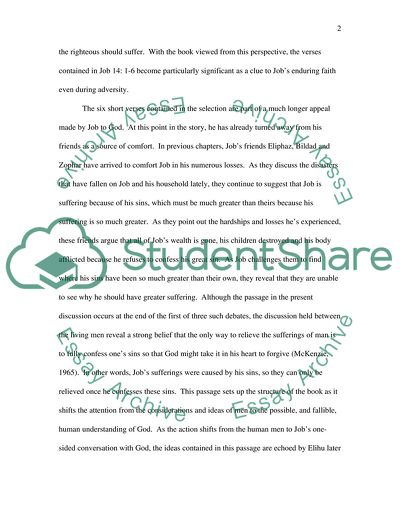Cite this document
(The Book of Job Commentary Research Paper Example | Topics and Well Written Essays - 2000 words - 1, n.d.)
The Book of Job Commentary Research Paper Example | Topics and Well Written Essays - 2000 words - 1. Retrieved from https://studentshare.org/religion-and-theology/1736261-research
The Book of Job Commentary Research Paper Example | Topics and Well Written Essays - 2000 words - 1. Retrieved from https://studentshare.org/religion-and-theology/1736261-research
(The Book of Job Commentary Research Paper Example | Topics and Well Written Essays - 2000 Words - 1)
The Book of Job Commentary Research Paper Example | Topics and Well Written Essays - 2000 Words - 1. https://studentshare.org/religion-and-theology/1736261-research.
The Book of Job Commentary Research Paper Example | Topics and Well Written Essays - 2000 Words - 1. https://studentshare.org/religion-and-theology/1736261-research.
“The Book of Job Commentary Research Paper Example | Topics and Well Written Essays - 2000 Words - 1”, n.d. https://studentshare.org/religion-and-theology/1736261-research.


